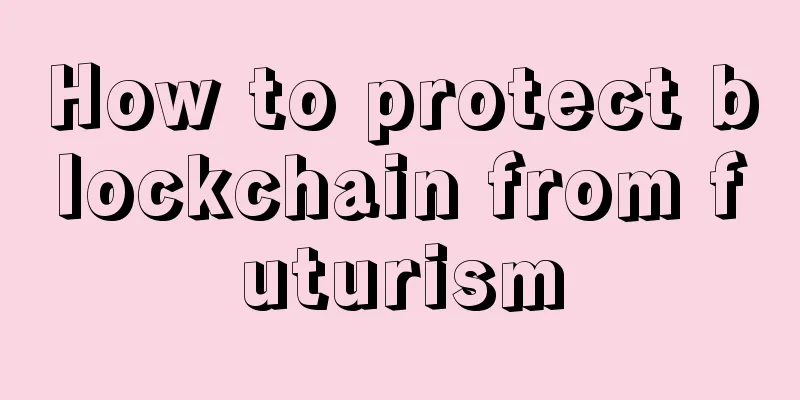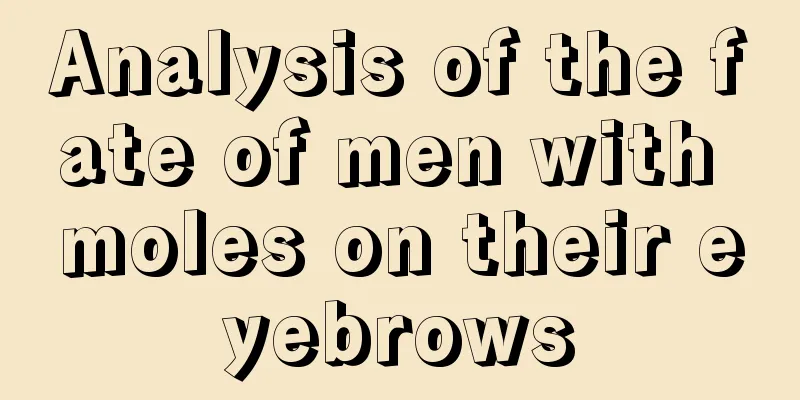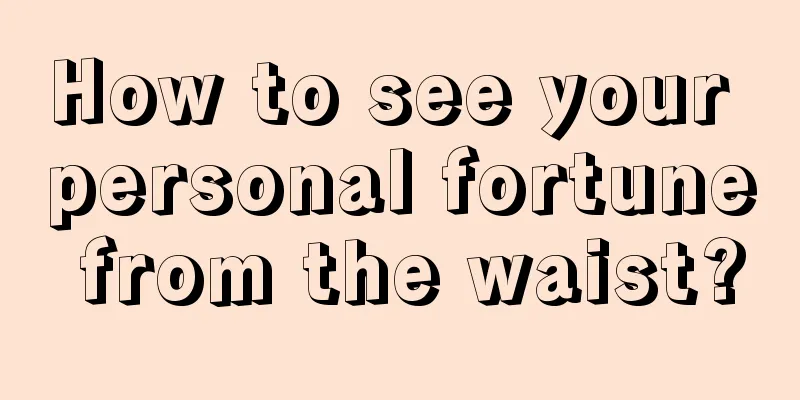How to protect blockchain from futurism

|
Martin Hagelstrom is a Bitcoin enthusiast who works as an IT project manager and consultant at IBM. In the article, Hagelstrom openly disagrees with the common assumptions of futurists in the blockchain industry, citing the urgent need to come up with practical solutions. I believe we have all heard that in the future, Bitcoin will enable driverless Uber cars to complete the entire process of refueling, maintenance, and payment without human intervention. This may sound feasible, but honestly, it is unlikely to happen in the short term. Today, there are no self-driving cars on the highways outside of Silicon Valley, so no matter how exciting or dramatic it sounds, machine trading is not the biggest challenge facing the blockchain industry. Don't get me wrong, I'm not saying that this is impossible. It's just that at present, everything is not perfect enough for such projects to be implemented, or that more public opinions should be heard before implementing such projects. As an industry, we must be careful not to overemphasize futurism. Instead of reminding the public of the importance of Bitcoin and blockchain, which can be used to solve problems today, we often use outdated ideas to make our case. Again, I’m not saying we should stop innovating, nor is this a necessity. Instead, we should use this technology to develop smarter ways to solve current problems for our users. My point is that some serious innovation is likely to come before a smart pet care device can automatically place an order for you from Amazon or OpenBazer. Pursuit of practicalitySo what can we achieve today? It may not sound that cool. For example, the most outstanding invention of the Internet of Things today is Amazon Dash, which allows you to order products by connecting to Wi-Fi. Is it as cool as a smart refrigerator? Of course not, but it solves the problem. Maybe we can create solutions for users, such as limiting the money they send to their children to buy gas or use in school. Or we can invent a vending machine where 5% of the proceeds are donated to smart meters in Africa to keep schools powered. So what about starting a company that charges per unit for products? With multi-signature technology, you can even set up a revenue sharing model so that you can get your share of the product after it is sold. Maybe there are loopholes in the above idea. But as long as there is a good team and product, all of this is feasible. Who knows? Maybe someone will see the above idea and come up with a better solution. Putting the Cart Before the HorseAs can be seen from science fiction movies 30 years ago, people's predictions about technology were terrible. Because we always make predictions about the future based on the current era. For example, when we try to predict what smartphones will look like in 10 years, our assumptions are always based on our own understanding. Remember what smartphones looked like 10 years ago? At that time, most people called them cordless phones. So it’s hard to get a board or venture capitalist to spend money on a new product if they don’t see a return on investment. So show them how to combine smart contracts and IoT, and the chances of success increase dramatically. With blockchain technology, internet-connected devices can securely record information or use it based on the coding of smart contracts. This is a very simple yet powerful feature that can be applied to products in many other fields beyond financial services. Working with people in these fields and understanding their challenges is a great place to start. SpaceX is amazing, and we need innovative companies like this to stimulate our thinking. Although we love cheap space travel, it makes more sense to solve today's transportation problems. We should expect similar incremental innovations, just like the application of smart contracts in the blockchain field. For example, we can only think about space travel after we take a taxi. |
>>: Return or NOT, at least the Bitcoin Core Team has no intention of letting Gavin Anderson return
Recommend
What do the vertical lines between the eyebrows represent? Is the fate of people with vertical lines between the eyebrows good or bad?
There is a vertical line between the eyebrows Peo...
You might also want to buy a Bitcoin mining machine like this
A few days ago, I received a charge notification ...
Where are the moles on a woman's face that can harm her husband? It turns out that these are all moles that can harm her husband.
Since ancient times, there have been many people ...
The Plus Token case: a discussion on virtual currency and pyramid schemes
Author: Li Ya (Partner of Beijing Zhongwen Law Fi...
Canaan's performance is changing rapidly, and it may be missing the best time to "shift mining gears"
Text丨Hulian Pulse·Liangshan Huarong On the evenin...
Blockchain company Storj receives $3 million in seed round funding, targeting enterprise cloud
Storj, which started out as a blockchain-powered ...
Five fingers to see your future destiny
Thumbs up The thumb is very important in palmistr...
What is the fate of a man with a broken palm line?
1. Conflict with relatives In physiognomy, men wi...
Popular Science: How long is the life of a mining machine?
Participating in mining is one of the important w...
California Space Center Launches Blockchain System 'Copernicus' to Provide Infrastructure for Space Economy and Ecosystem
In a press release sent to CoinReport, California...
Do people with triangular eyes have rich emotional experiences?
Having few emotional experiences is not necessari...
What does a mole on the palm mean?
What does a mole on the palm mean? What are the s...
Ethereum: It’s hard to keep the original intention, where to go
Since launching the network in 2015 under the cod...
Ransomware "kidnaps" Bitcoin: Hackers also take advantage of its payment advantages
Since Friday night (May 12), a malware that locks...
The facial features of a devoted and affectionate woman: she is particularly serious in relationships
For men, they all hope that their lover is affect...





![[Mining Network Review] Bitmain Antminer S9 Hydro Water-Cooled Miner](/upload/images/67e6d8e501204.webp)



